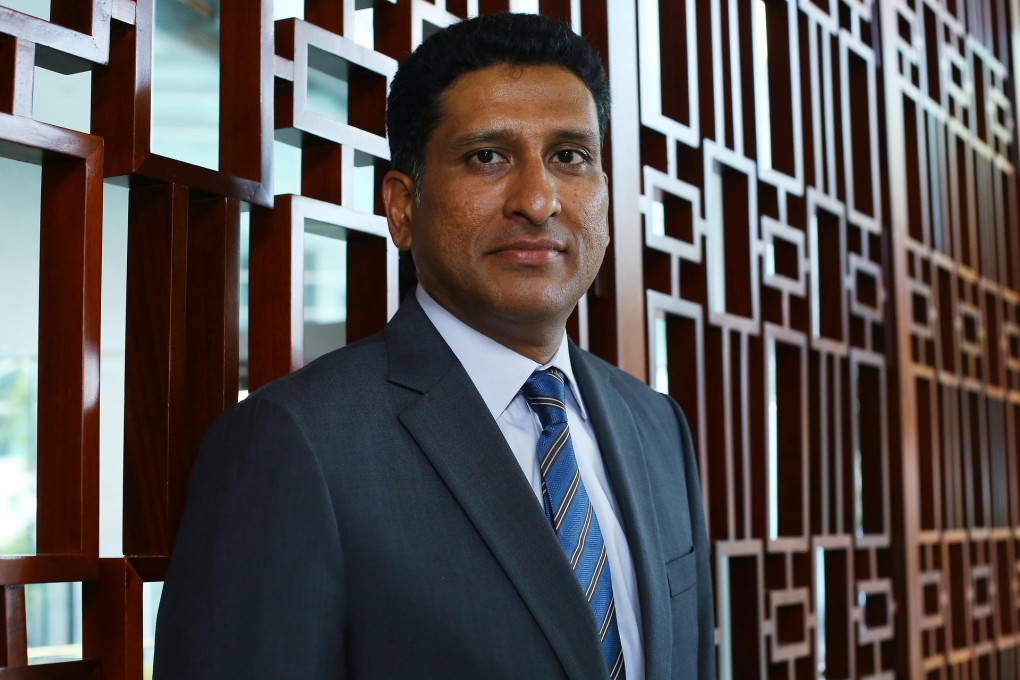Deutsche's Asia asset arm pitching for share of bank's €1.5bn investment
The mainland market to play major role in hitting growth targets set by Deutsche Bank's asset and wealth management division

Ravi Raju, the head of Deutsche Bank's asset and wealth management arm in Asia, has just weeks to formulate a pitch for a chunk of the €1.5 billion (HK$12.9 billion) the bank plans to invest into several divisions of its global operations.
The investment, aimed at boosting digitisation and the headcount of managers who deal with the ultra-wealthy, is part of a revamp to areas of the bank announced late last month in a five-year strategic plan. The final iteration, including the amount of investment that divisions and geographies take home, will be finalised by late July.
Raju reckons the demand for investments in Europe by some of China's state players, as well as upcoming breakthroughs in China's capital markets, will help give his operations a claim to a healthy heap of the cash.
"MSCI is going to include China in its global weighting," he noted as an example of how regulatory changes in China will drive opportunities for the bank.
Reports this month say China stocks could be included in the index, which aggregates top stocks from dozens of countries, as soon as June.
"Once that happens, anyone who runs money with institutional and private banking customers, or even retail customers, would like to have an exposure into China. That's going to become pretty huge."
Raju was on the right side of Europe's biggest investment bank when it released a new strategy based largely on cost-cutting set to carry it through the next half decade to its 150th anniversary. The wrong side of the bank was its investment and retail banking divisions, which took massive cuts instead of a promised boost in cash.